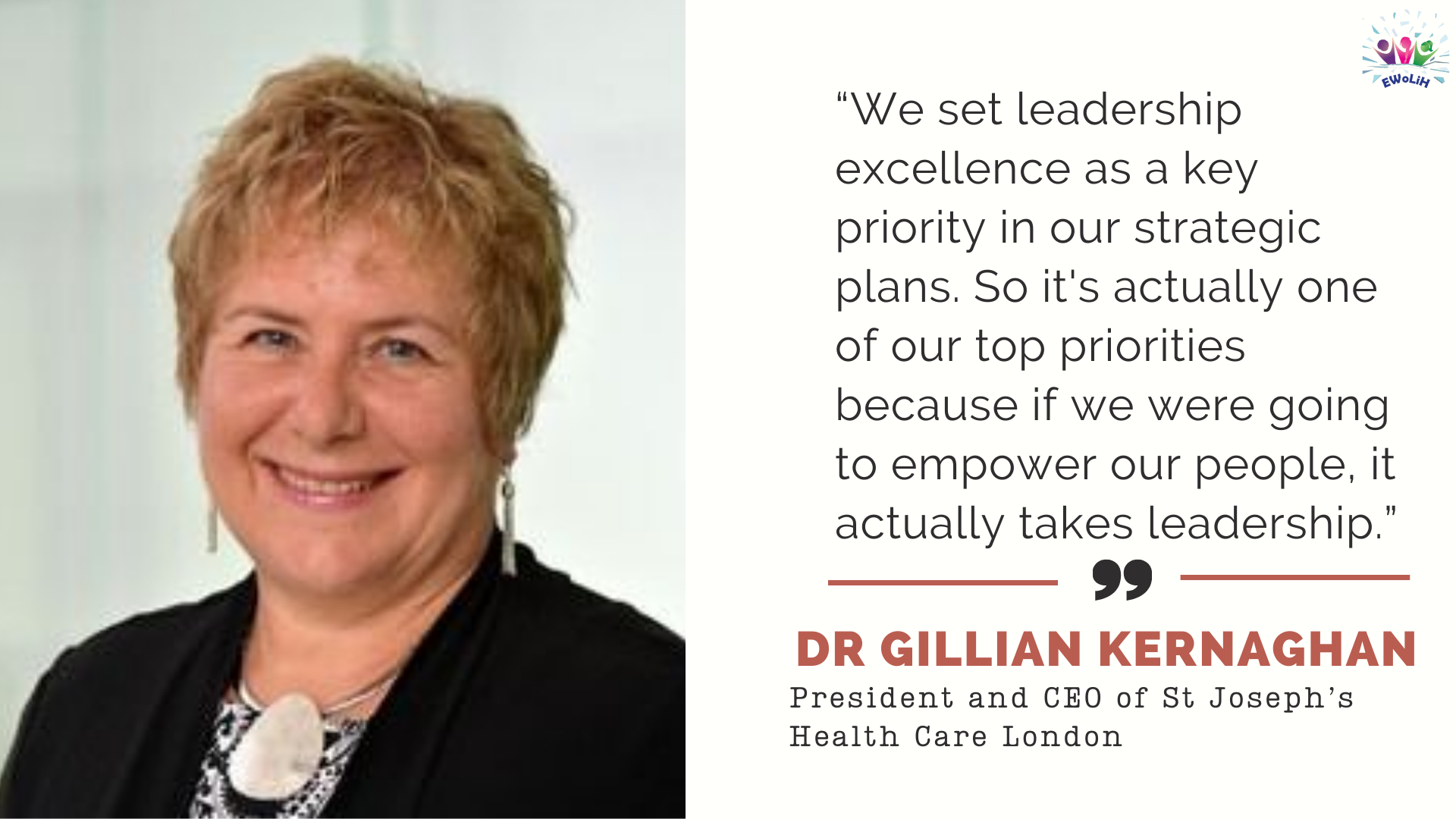
Collaborative Leaders
Purposefully Build Partnerships and Networks to create EDI results
Demonstrate a Commitment to coalitions among diverse groups and perspectives aimed at learning to improve service
Need to make an effort to bring people up
Mobilize Knowledge
Navigate Socio-Political Environments
Need to bring people with different levels of power
Developing EDI-Informed Coalitions
Ivy Lynn Bourgeault, University of Ottawa & Canadian Health Workforce Network
Just as EDI considerations inform leadership capabilities within one’s discipline, group or organization, it also translates to the development of coalitions with others, the fourth D in the LEADS Framework. Collaborative leaders develop coalitions to create EDI awareness and achieve EDI goals within and across disciplines, groups and organizations. Partnerships are purposively built to create these EDI results with notable time and attention paid to create ongoing relationships of trust. This may involve coming to terms with broken trust from past interactions, a key lesson from the Truth and Reconciliation Commission Calls to Action. Collaborative leaders demonstrate a commitment to coalitions with diverse groups and perspectives aimed at learning how to improve service accessibility and cultural safety and acceptability. EDI knowledge within and across organizations is mobilized towards those ends. A purposeful effort to bring people with different voices, experiences, and forms of power to the table and mentoring up, within and across organizations helps to navigate complex socio-political and cultural environments.
Improving Workplace Culture through Evidence-Based Diversity, Equity and Inclusion Practices
This report examines Diversity, Equity and Inclusion practices in the medical workplace.
BlackChat the Podcast
Dedicated to healing Black communiteis in the lower mainland trhough family reunion styled gatherings
For Women of colour in Medicine, the Challenges Extend Beyond Education $
a post by Jessica Yang on how societal structures influence the experiences of Women of Colour, from the medical school application process and beyond. The post includes an interview with Uche Blackstock, M.D. about some of her experiences as a Black woman in emergency medicine in the United State
CAUT welcomes settlement on equity targets for Canada Research Chairs Program
The Canadian Association of University Teachers (CAUT) is welcoming the announcement that an agreement has been reached to ensure more robust equity targets, transparency, and accountability within the Canada Research Chairs (CRC) Program. The settlement builds upon recent government changes to enhance equity, diversity and inclusion in the CRC program, and caps a process started in 2003 by eight academics who, with the support of CAUT, filed a complaint with the Canadian Human Rights Commission over the program’s failure to reflect the diversity of Canada’s university researchers.
Ontario midwives call on Ford government to comply with tribunal orders to end gender discrimination with hand-delivered messages
The Human Rights Tribunal of Ontario ordered the Ford government to take concrete actions to close the gender pay gap. On Friday, February 28, 2020 at 12:00 p.m. (EST), midwives across the province hand-delivered letters to their local Conservative MPPs asking them to implement the orders, instead of appealing the decision and continuing to spend resources fighting midwives in court.
Tribunal delivers landmark victory to Ontario midwives in years-long pay-equity battle
Ontario’s human rights tribunal has ordered the Ford government to boost the wages of the province’s 963 registered midwives due to long-standing gender discrimination. The ruling, which flows from a 2018 interim finding of gender discrimination, orders a 20 per cent pay hike retroactive to 2011. It also awards eligible midwives $7,500 for “injury to dignity, feelings and self-respect
Emerging Health Leaders Website
Through networking and educational events, Emerging Health Leaders provides a forum for open, collaborative, and constructive dialogue on timely national health issues. EHL targets young health leaders from a cross section of health employers in the public, private, and not-for-profit sector. Members of EHL meet to share workplace experiences and perspectives, discuss recent health system publications, communicate forthcoming events — including seminars, workshops and conferences — as well as engage in rich discussions on a host of political and health related issues.















